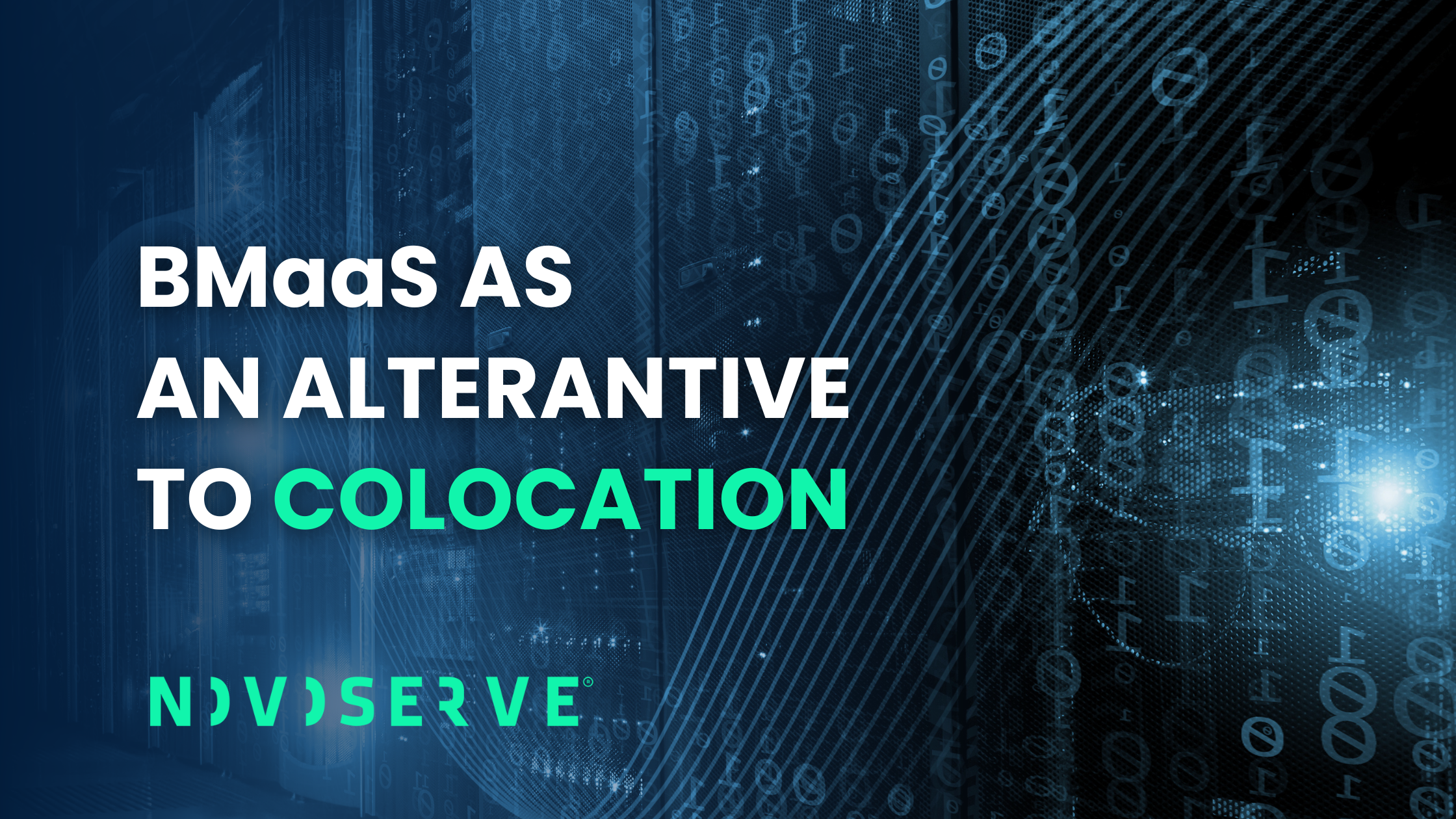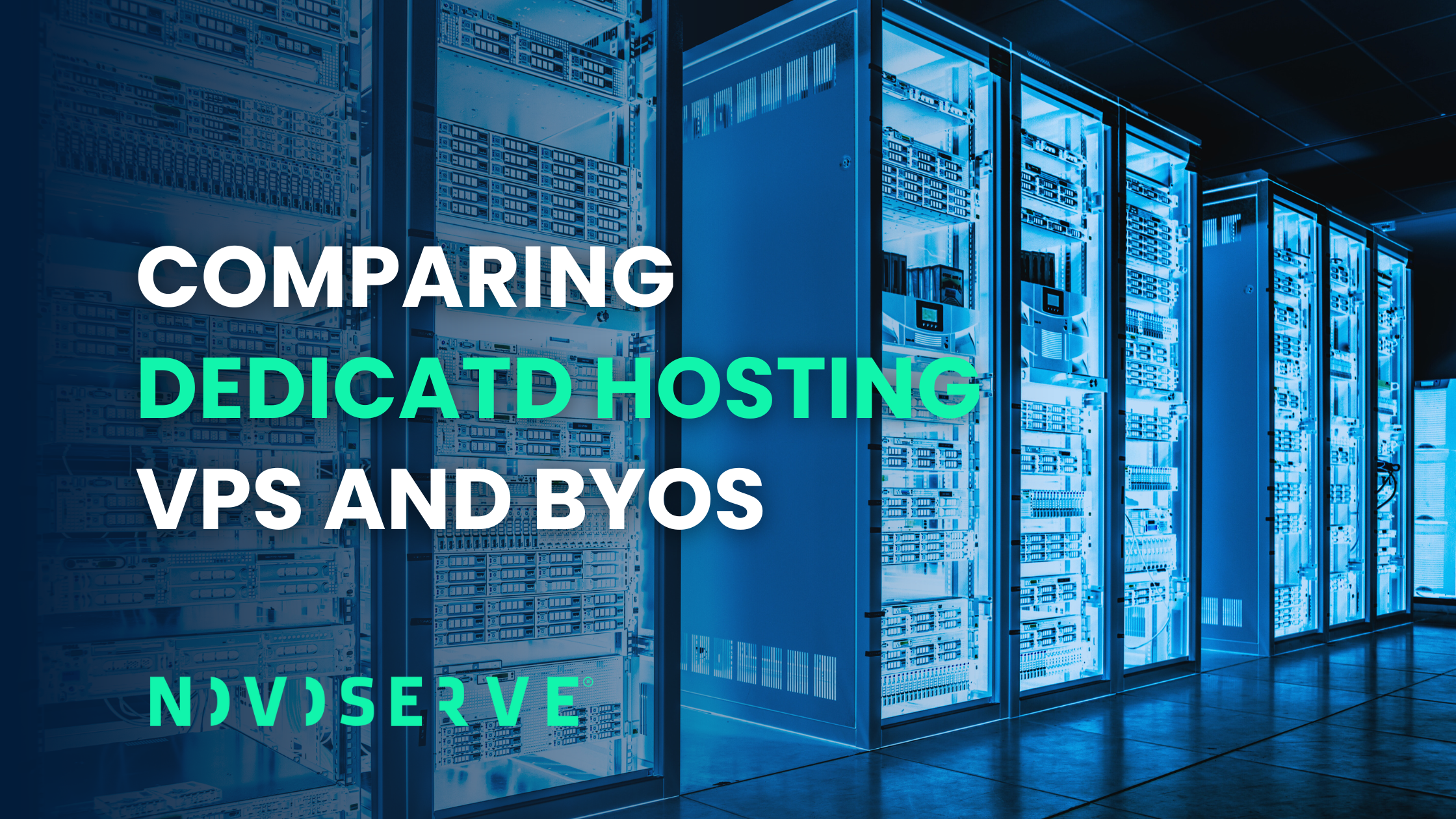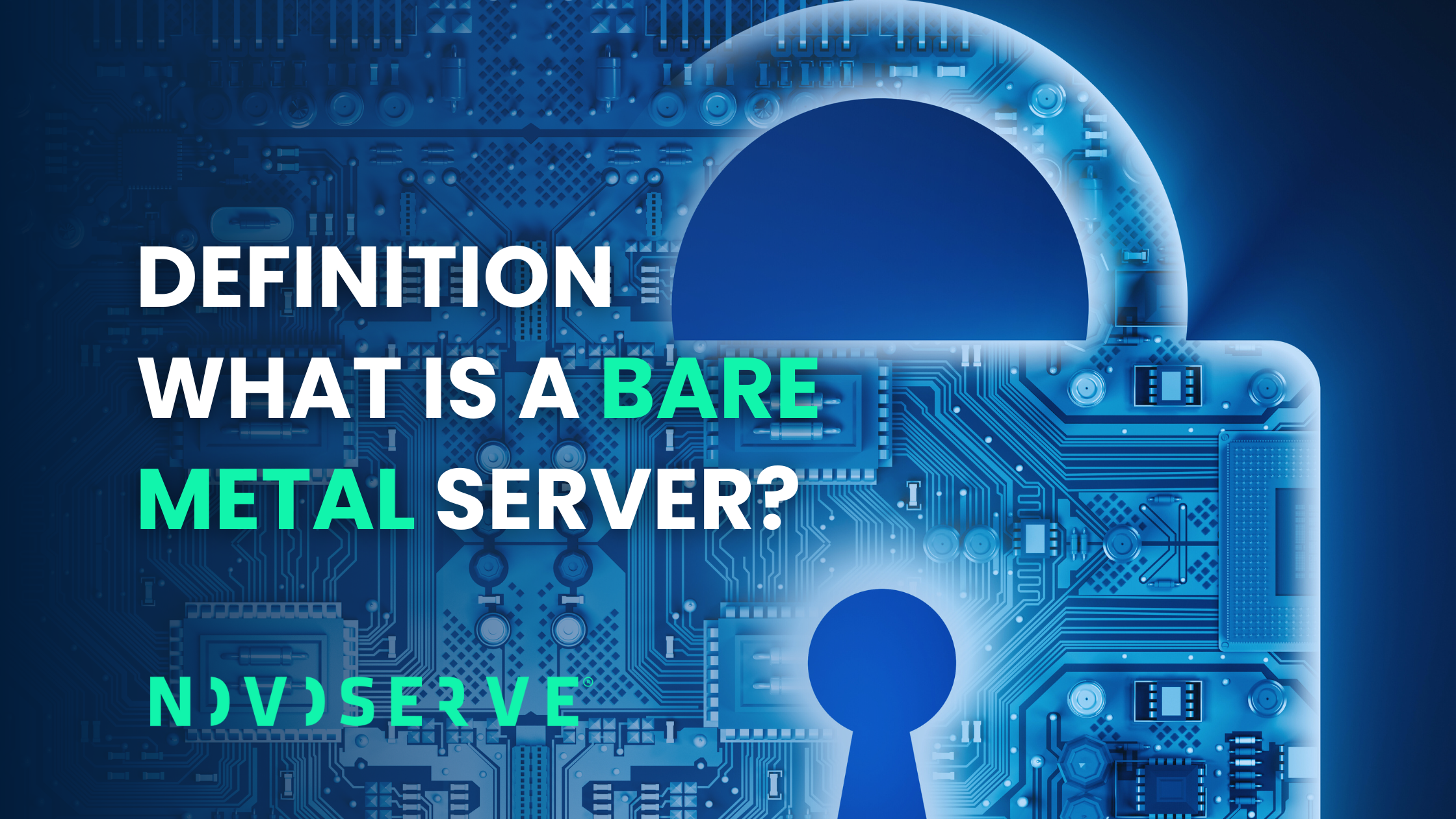As IT infrastructure grows more complex and expensive, companies are re-evaluating their hosting strategies. From public cloud to colocation data centers (colo), from private cloud to bare metal, the infrastructure choices can be overwhelming. Many companies start their journey in the cloud due to low upfront costs, but as their workloads grow, they realize the hidden expenses and limitations—prompting a switch to co-location or dedicated infrastructure. But are you ready for all the upfront investement for colocation? How is BMaaS as an alternative to colocation?
Hosting Landscape Overview
To understand what makes a good colocation alternative, it helps to first look at the broader hosting ecosystem. On-premise hosting gives organizations maximum control by keeping all infrastructure in-house. However, this comes with the burden of maintaining hardware, power, cooling, and network infrastructure—often requiring a large IT team and significant capital investment.
Public cloud services, like AWS or Google Cloud, have become the default choice for startups and growing tech companies. The appeal is clear: instant provisioning, flexible scaling, and no hardware management. But that flexibility comes with a price tag. Monthly bills can spiral out of control, and the pay-as-you-go model isn’t always ideal for predictable, high-performance workloads.
Private and hybrid cloud models provide more control and cost predictability, sometimes deployed within a colocation data center. In a colo setup, businesses house their own servers in a third-party data center, benefiting from enterprise-grade power and connectivity. However, they still must buy, ship, and maintain their own hardware.
Lastly, there’s Bare Metal as a Service (BMaaS)—an increasingly popular model that offers physical servers with cloud-like provisioning and no need to own hardware. BMaaS is changing how companies approach digital infrastructure, especially those looking for a powerful colocation alternative.
The Costs of Public Cloud vs Colocation
Public cloud adoption continues to soar, but its long-term costs are often underestimated. On paper, the cloud seems cheap—no capital expenses, instant scalability, and reduced hardware management. But as companies grow, they face mounting charges for compute, storage, bandwidth, and data egress. Businesses running always-on, resource-heavy applications can see monthly bills rival or exceed traditional infrastructure costs.
In contrast, colocation data centers offer predictable pricing. After investing in hardware, businesses pay a flat monthly fee for rack space, power, and bandwidth. With full control over the hardware and configuration, they can optimize performance for their workloads. Colocation appeals to companies that need long-term infrastructure with fewer surprises on the billing side.
The Challenges of Colocation
While colocation is often touted as a cost-efficient alternative to public cloud, it’s important to recognize its limitations. For starters, you’ll need to invest in servers, networking gear, and storage. Hardware procurement takes time—sometimes weeks or months—especially for high-demand components. Once everything arrives, there’s the logistics of shipping it to the colocation data center and installing it, either yourself or via remote hands.
This model assumes your team has the knowledge and time to manage physical infrastructure. You’ll be responsible for hardware repairs, upgrades, capacity planning, security patches, and firmware updates. Scaling up isn’t as simple as clicking a button—you’ll need to repeat the entire purchase and setup cycle every time you grow. That creates long lead times and resource bottlenecks.
Colocation also introduces variable costs. Hardware upgrades, replacement parts, remote hands support, and increased network bandwidth all add to your operational budget. While the recurring hosting fees are stable, maintaining and growing your colo deployment can get expensive over time—especially if your business is scaling fast or lacks dedicated IT staff.
BMaaS Is the Ideal Colocation Alternative
For organizations looking for the control and performance of colocation without the upfront costs and logistical burden, bare metal is a smart solution. Bare Metal as a Service (BMaaS) offers dedicated physical servers, fully provisioned and managed in professional data centers. You don’t own the hardware—instead, you lease enterprise-grade servers on demand and retain full access and control, just like you would with colocation.
The benefits are immediate: no hardware purchasing, no shipping delays, and no complex setup. Your server can be live within hours, ready to deploy applications, run databases, or power production workloads. And because it’s a single-tenant machine, you’re not sharing CPU cycles or memory with anyone else—ensuring performance consistency.
BMaaS takes care of all the backend management: rack space, power redundancy, cooling, network connectivity, and hardware monitoring. You eliminate the high capital expense of colocation and skip the maintenance headache. If a drive fails, it’s replaced for you. Need to scale? Just spin up another server—no need to go through procurement.
Comparing BMaaS and Colocation Side by Side
Both bare metal and colocation provide high-performance infrastructure. But where colocation demands hardware ownership, staffing, and planning, BMaaS lets you focus purely on your business. The flexibility of cloud meets the performance of dedicated hardware—without compromise.
Colocation might make sense if you already own hardware or have a large IT team ready to manage infrastructure. But if you’re starting fresh or scaling quickly, BMaaS removes the friction, cuts down lead time, and delivers infrastructure when and where you need it.
From a cost perspective, bare metal services offer transparent monthly pricing with no surprises. You don’t pay for overprovisioned resources or idle VMs like you might in the cloud. And because you don’t own the hardware, there’s no risk of obsolescence or unexpected repair bills.
How BMaaS Compares to Your Current Setup?
Still debating between colocation data center hosting and a colocation alternative like bare metal? Let us help you compare. Chat with us through the chatbot in the bottom-right corner of this page or drop us a message via our contact form. We’ll walk you through the pros, cons, pricing models, and technical specifications to find the best fit for your business needs.
The infrastructure model you choose can make or break your operational efficiency and budget. While colocation data centers offer stability and control, the high upfront investment, long setup times, and ongoing complexity make it less than ideal for fast-moving organizations. Public cloud offers convenience but often fails on cost and performance predictability.
Bare Metal as a Service emerges as the most balanced, modern colocation alternative—delivering dedicated performance, full control, and operational simplicity without the traditional pain points of colo hosting. If you’re ready to future-proof your infrastructure, bare metal might be the smartest move you make.
Chat with us and build your bare metal servers.






